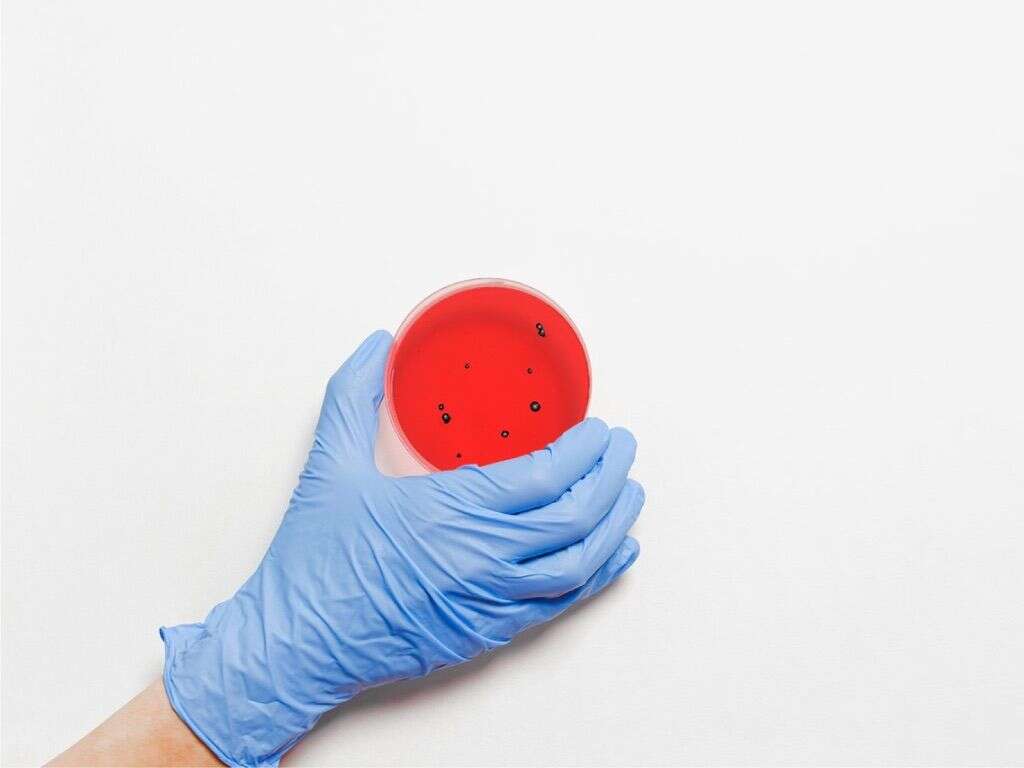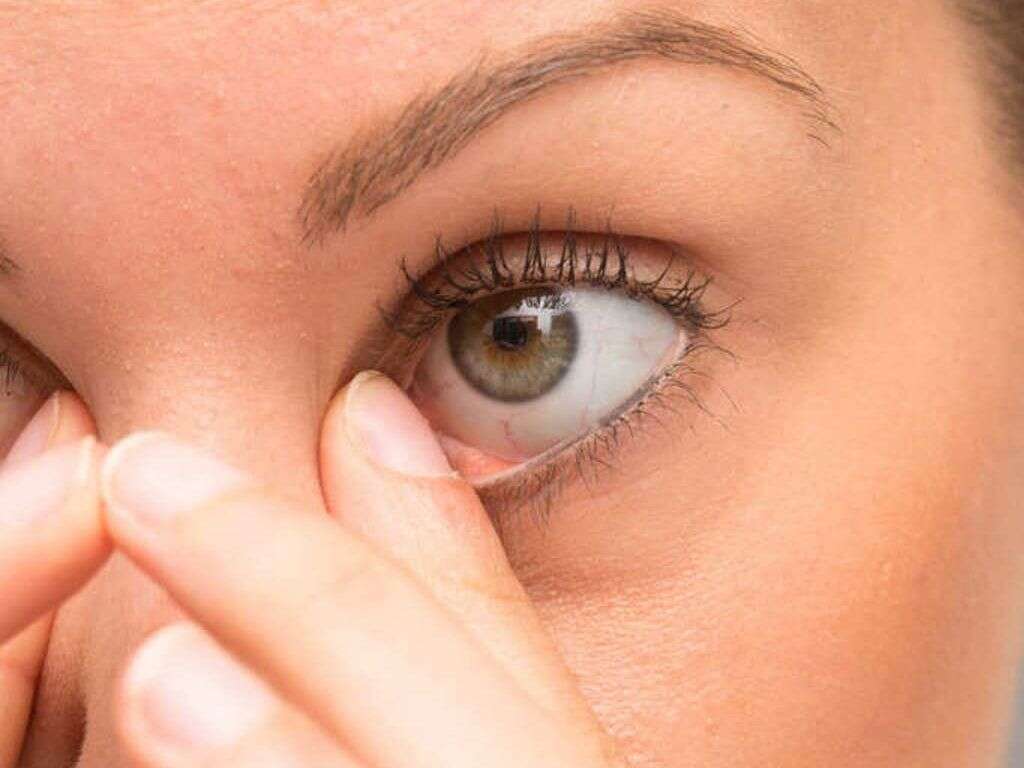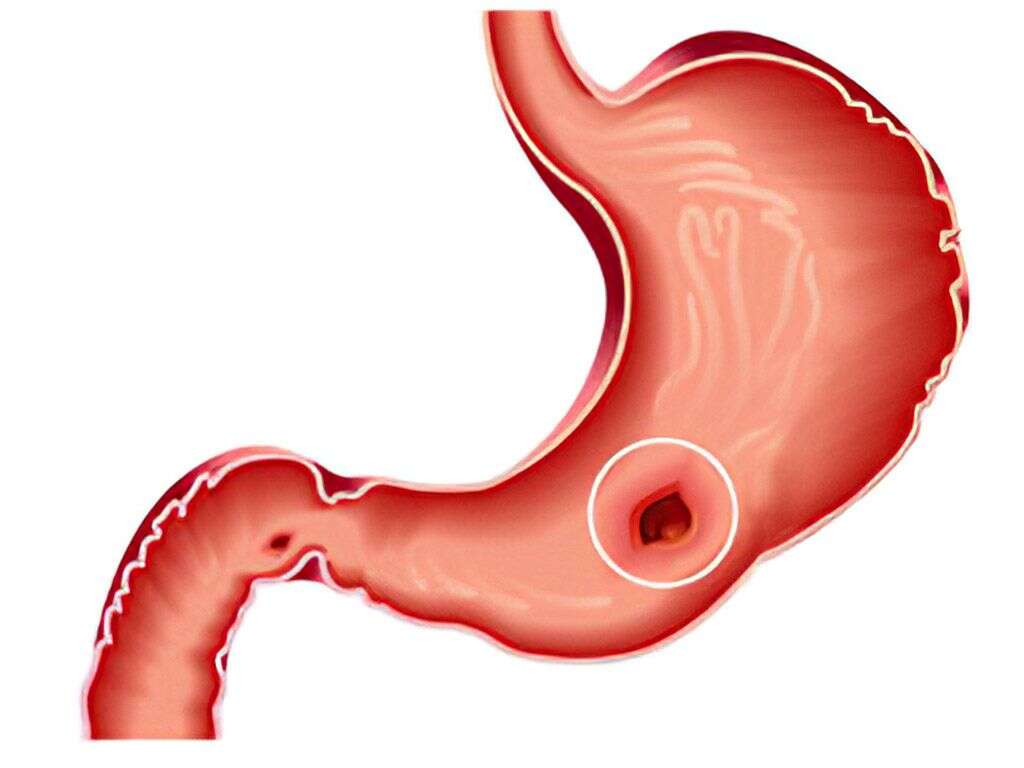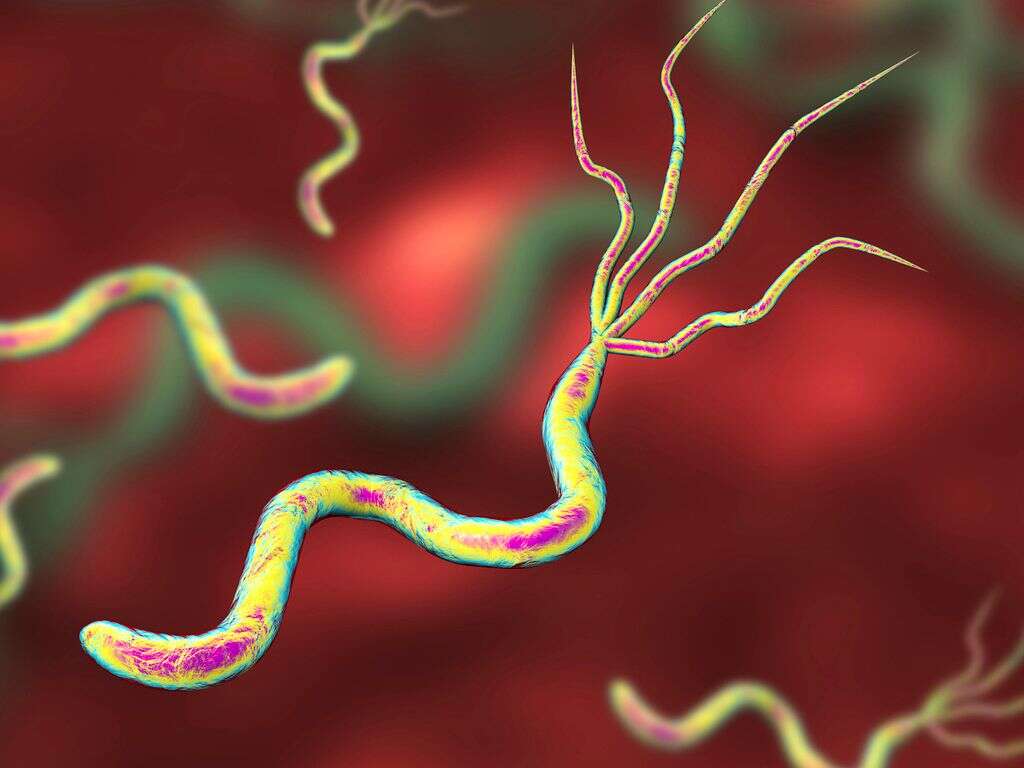What Does an Ulcer Feel Like?
An ulcer is a painful sore that doesn’t heal easily. Ulcers are quite common and they can recur. Ulcers can appear in different ways and on different parts of the body, and their symptoms can vary from one person to another, depending on the type and where it is located in the body.
In other words, an ulcer can appear on any part of the body, both internally and externally. Treatment for ulcers vary and is usually determined on the basis of the type of ulcer. Some ulcers disappear without treatment, others require medical treatment, and some can be very difficult to treat. Peptic ulcers are the most common. Other types include oral ulcers, genital ulcers, arterial ulcers, and venous ulcers.

1. Peptic Ulcers
Peptic ulcers affect three parts of the gastrointestinal tract: the stomach, the esophagus, and the first segment of the duodenum. These ulcers result from damage to the respective walls by gastric juices, H. pylori infections, and chronic use of painkillers. The most common symptom of a peptic ulcer is a generalized, burning abdominal pain. Other symptoms include bloating, decreased appetite, belching, chronic heartburn, nausea, vomiting, unexplained weight loss, and chest pain.
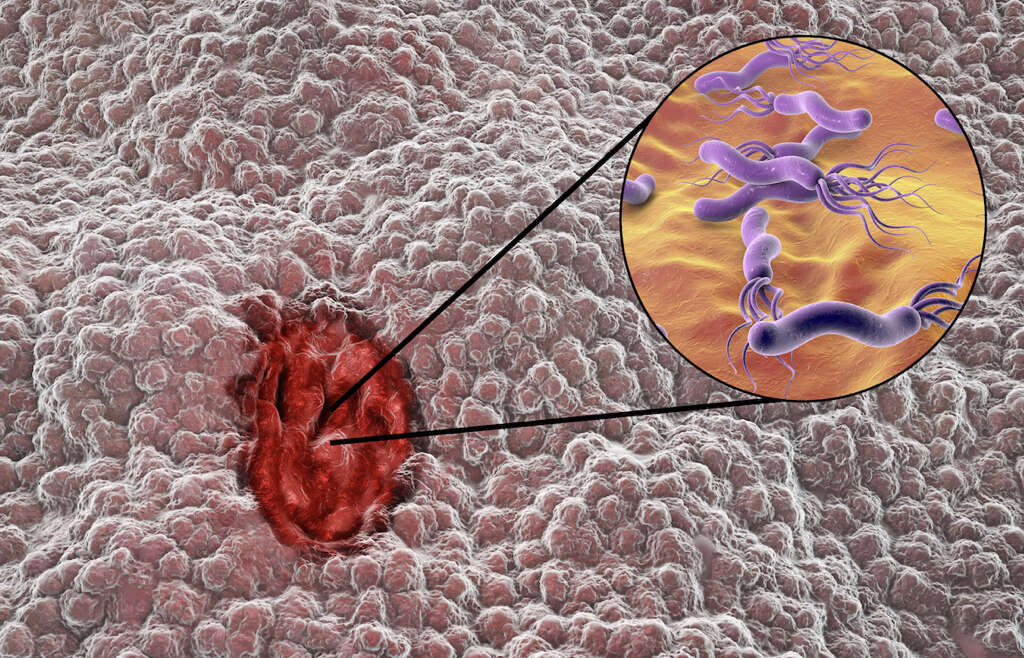
2. Treatment for Peptic Ulcers
Treatment for a peptic ulcer is dependent on the main cause of the ulcer. An ulcer caused by H. pylori is often treated with a combination of medications to kill the bacteria, and this way allows for the ulcer to heal. For ulcers caused by the chronic use of painkillers or certain medications, the doctor assesses the condition to determine if there is need to reduce the acidity of the patients stomach.
Additionally, when treating peptic ulcers, a patient may be given medications to protect and coat the inner surface of the stomach wall to prevent any further damage from stomach acids.

3. Arterial Ulcers
Arterial, or ischemic, ulcers are open sores that affect the outer parts of the feet, toes, heels, and ankles. Arterial ulcers occur when the legs cannot get sufficient blood due to an obstruction or damage to arteries. These ulcers have a certain appearance, usually described as punched out.
The symptoms of arterial ulcers include hairless skin, pain in legs, and yellow, red, or black sores. Arterial ulcers do not bleed. The condition is serious and requires proper treatment to prevent infections, stop the progress of the ulcers, and avoid complications.
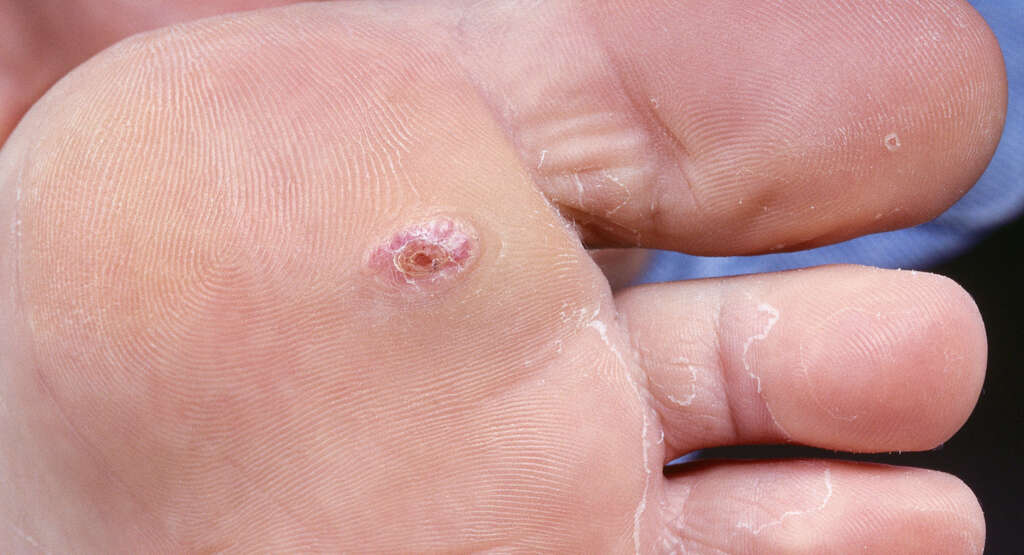
4. Treatment for Arterial Ulcers
The first line of treatment is intended to restore blood circulation to the limbs. The sooner this is done, the better the outcome. Antibiotics are also used to prevent infection.
If antibiotics and medical restoration of blood do not work, your doctor may recommend surgery to enhance blood supply to the lower limbs. In some cases, amputation is used if previous treatment methods fail.
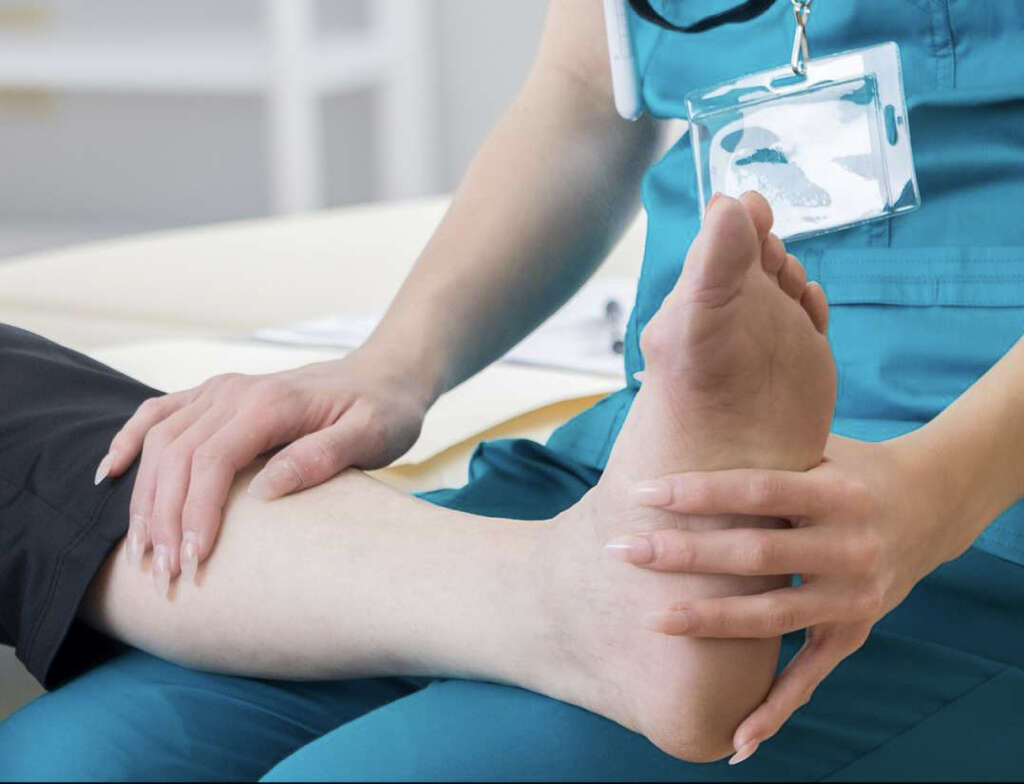
5. Venous Ulcers
Venous ulcers are similar to, but more common than, arterial ulcers. They are open ulcers that affect the legs, especially below the knee, and on the inner area of the ankle. These ulcers form due to damage of the veins. Because veins drain blood back to the heart, significant amounts of blood remain within the leg when they are damaged.
Symptoms of venous ulcers include inflammation, swelling, itchy skin, scabbing, and discharge. Some cases, however, do not present with any kind of pain, except when infected.
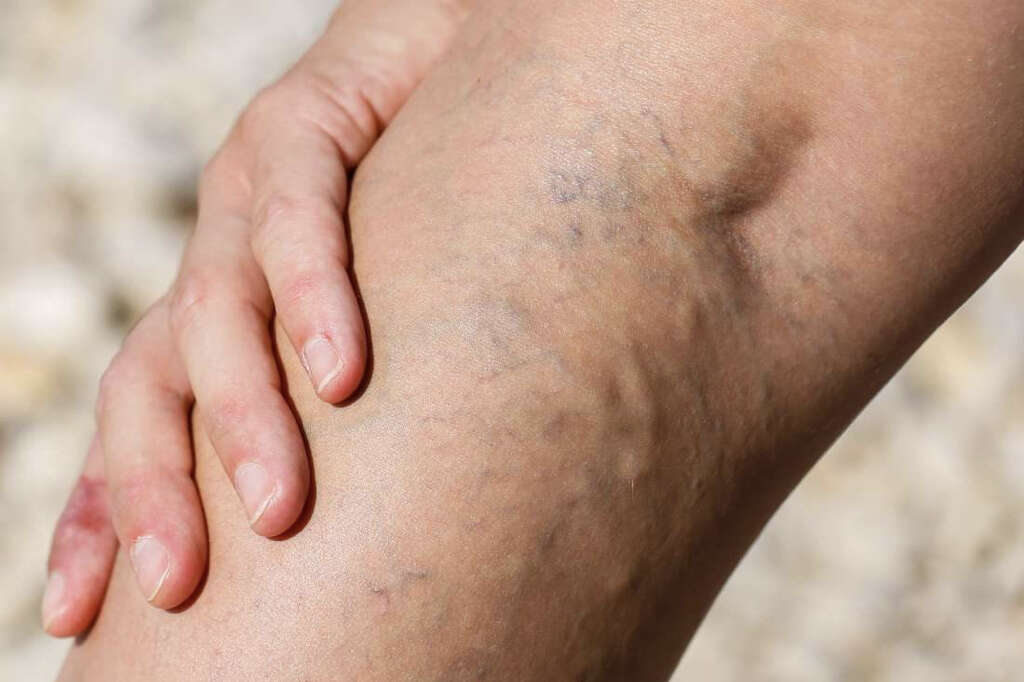
6. Treatment for Venous Ulcers
Similar to arterial ulcers, treatment for venous ulcers is aimed at improving blood flow and blood drainage of the affected area. Antibiotics are important to prevent any complications and reduce the symptoms.
However, medical treatment is usually not enough to heal these ulcers. Surgeries and compression therapies are recommended to enhance blood circulation.

7. Oral Ulcers
Oral ulcers are lesions that develop in the mouth, especially the base of the gums. These small sores are usually called canker sores.
There are many causes of oral ulcers, which include biting the inner cheek, allergy to certain foods, brushing teeth aggressively, changes in hormonal levels, deficiencies in certain vitamins, bacterial infections, and other diseases. These oral ulcers appear as small, round lesions, which generally heal without any scars.

8. Treatment for Oral Ulcers
Oral ulcers generally heal within two weeks and generally don’t require treatment. However, if the oral ulcers continue for more than two weeks, are painful, or become deep lesions, it is necessary to pay your doctor a visit. Your doctor will prescribe an antimicrobial mouthwash or ointment to relieve the pain and aid healing.
If the condition continues, a biopsy and other investigations may be required. You may receive other systemic treatments for the underlying cause first before treating oral ulcers.
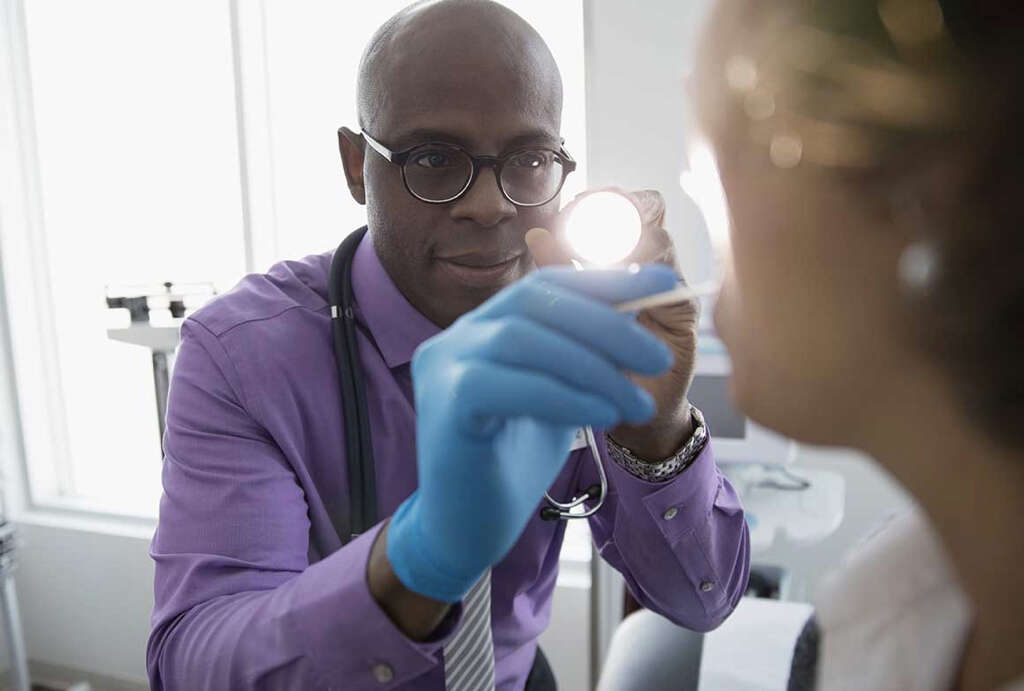
9. Genital Ulcers
Genital ulcers develop on the outer surfaces of the genital region including the vagina, anus, and the penis. The main cause of genital ulcers is sexually transmitted diseases such as herpes, chancroid, syphilis, and granuloma inguinale.
Other causes include trauma, inflammation, and allergic reactions, especially to skincare products. Symptoms of genital ulcers include rash, or bumps on the genitalia, itching, painful sores, swelling, and fever.

10. Treatment for Genital Ulcers
Although some genital ulcers can heal without treatment, it is important for patients to seek treatment as soon as possible, especially in sexually active individuals. This is because an ulcer provides an entry site for infections, including HIV. It is also advisable to avoid sexual intercourse until after treatment.
Treatment depends on the cause of the ulcers. For instance, if the cause is an STD, your doctor will prescribe an appropriate antiviral or antibiotic medication or ointment.






